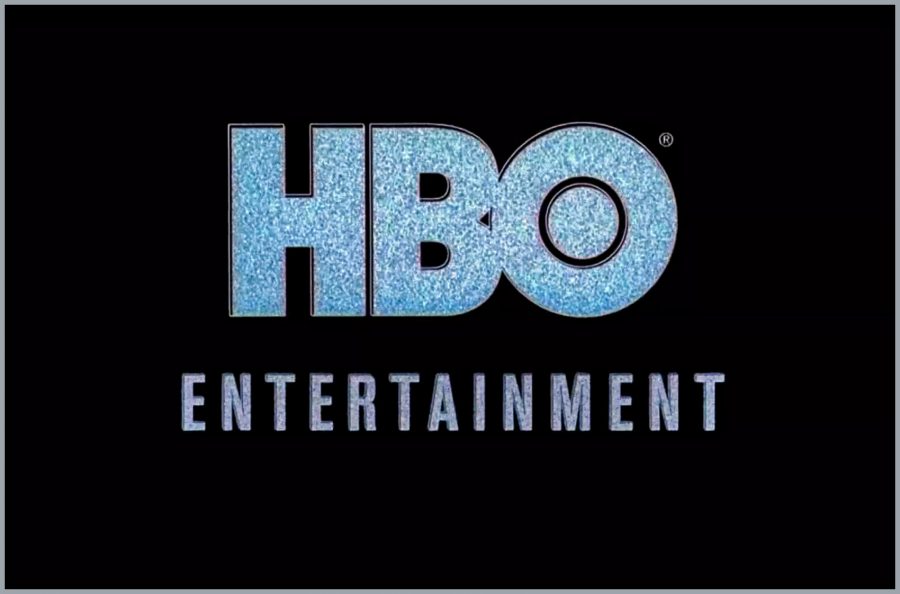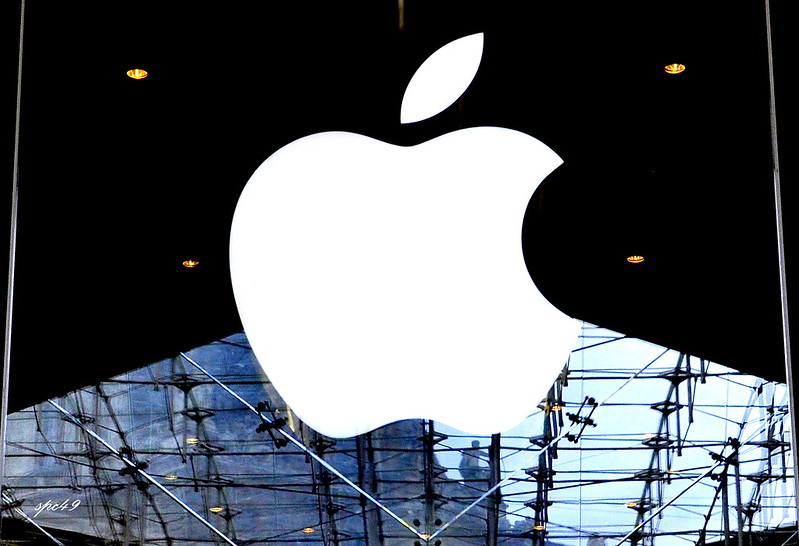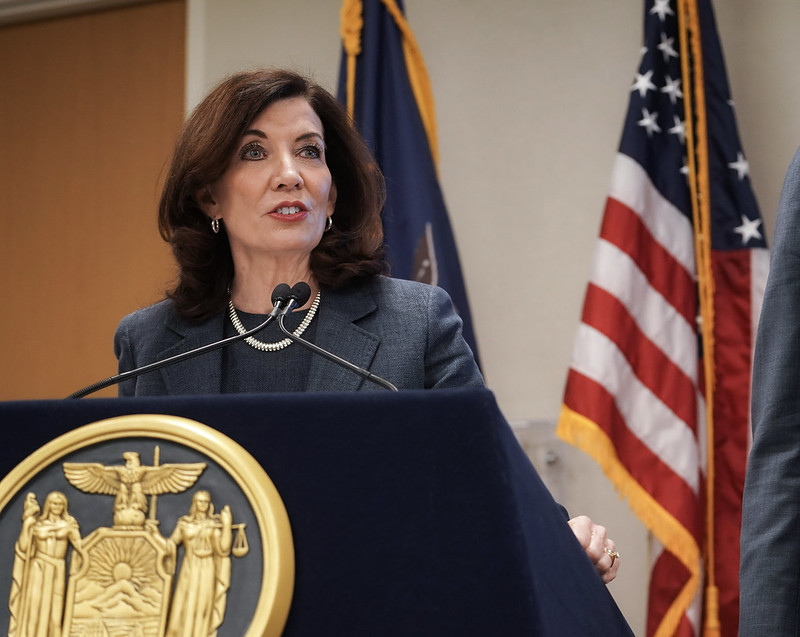The Washington, D.C.-based advocacy group, the National Center on Sexual Exploitation, released its seventh annual “Dirty Dozen” list on Feb. 11, which pointed at and accused 12 organizations, including the state of Nevada, of perpetuating sexual exploitation.
For NCOSE, sexual exploitation includes “sex trafficking, prostitution, sexual objectification, sexual violence and/or pornography,” as stated by Haley Halverson, vice president of advocacy and outreach in a release.
Those among the “Dirty Dozen” were tech companies Amazon, EBSCO — an information service for libraries — Twitter and Google; media companies HBO, Roku, Netflix and Steam; spa chain Massage Envy; United Airlines; the Sports Illustrated swimsuit issue and the state of Nevada.
NCOSE generally chided media companies for the easy accessibility they provided to pornographic materials or the “normalized sexual exploitation” they cited in shows like Game of Thrones and The Deuce. The organization takes credit for activism that led to the removal of on-demand pornography from five hotel chains including Starwood, Hyatt and Hilton.
The “Dirty Dozen” list referred to unaddressed sexual assault claims on United Airlines and in Massage Envy and pointed to Sports Illustrated’s swimsuit issue as the “gold medal” winner of sexual objectification.
In a Feb. 11 press conference, Halverson referred to success NCOSE had found in removing Cosmopolitan magazines from checkout lines at Walmart.
In response to the accusations laid forth by NCOSE, Massage Envy provided a statement to The Ticker, which included in part, “Massage Envy is committed to promoting a safe environment for members, guests and service providers at each of our 1,200 franchise locations nationwide. We urge anyone that experiences anything other than a safe, quality massage to report it immediately to the franchise location so that it can be investigated.”
At the Feb. 11 press conference, a woman came forward, stating that she had been sexually assaulted at a Massage Envy spa.
In its statement to The Ticker, the chain offered, “We support the decision of any victim to report misconduct and it is the policy of Massage Envy to require its franchisees to supply any guest who claims to be a victim of sexual misconduct with the contact information of local law enforcement and the state board.”
A man was since arrested in Glastonbury, Connecticut, for sexual assault and disorderly conduct while under the employment of Massage Envy, although he no longer works for the organization.
Responding to a request for comment, EBSCO, in a statement to The Ticker, said, “EBSCO worked with NCOSE once it learned it had been added to the list in 2017. The goal was to address issues related to school research content and parental concerns, and help people understand how research databases work and the content they include.”
NCOSE had included the library services provider on its latest list for offering “sexually graphic, non-academic, materials” in elementary, middle school and high school databases.
EBSCO’s statement spoke to improvements the service was attempting to make, concluding, “EBSCO endeavors to provide the best mainstream content from leading publishers and to remain neutral in terms of content while allowing for local controls. It does not license pornographic content and strives to address misconceptions about school databases and school content as needed.”
The Ticker reached out to all those listed in the “Dirty Dozen” list for comment, but only received responses from those quoted.
NCOSE traces its roots back to 1962 and a continuous trend of attempting to protect communities from “obscene material” and, later, sexual exploitation.
The organization’s website describes itself as the “movement to defend dignity.”
While its materials do not explicitly connect its mission to any religious mission, its board members include Helene Shepard, the national regent for the Catholic Daughters of the Americas; Paul S. Loverde, bishop emeritus with the diocese of Arlington, Virginia, and Jay Dennis, a former pastor.
NCOSE argues that the promotion of sexual exploitation can be linked to sexual abuse or violence.
The company states that its “Dirty Dozen” list is not meant to be just a tool of shaming, but a vehicle for change to reduce sexual exploitation, in whatever form it comes.







